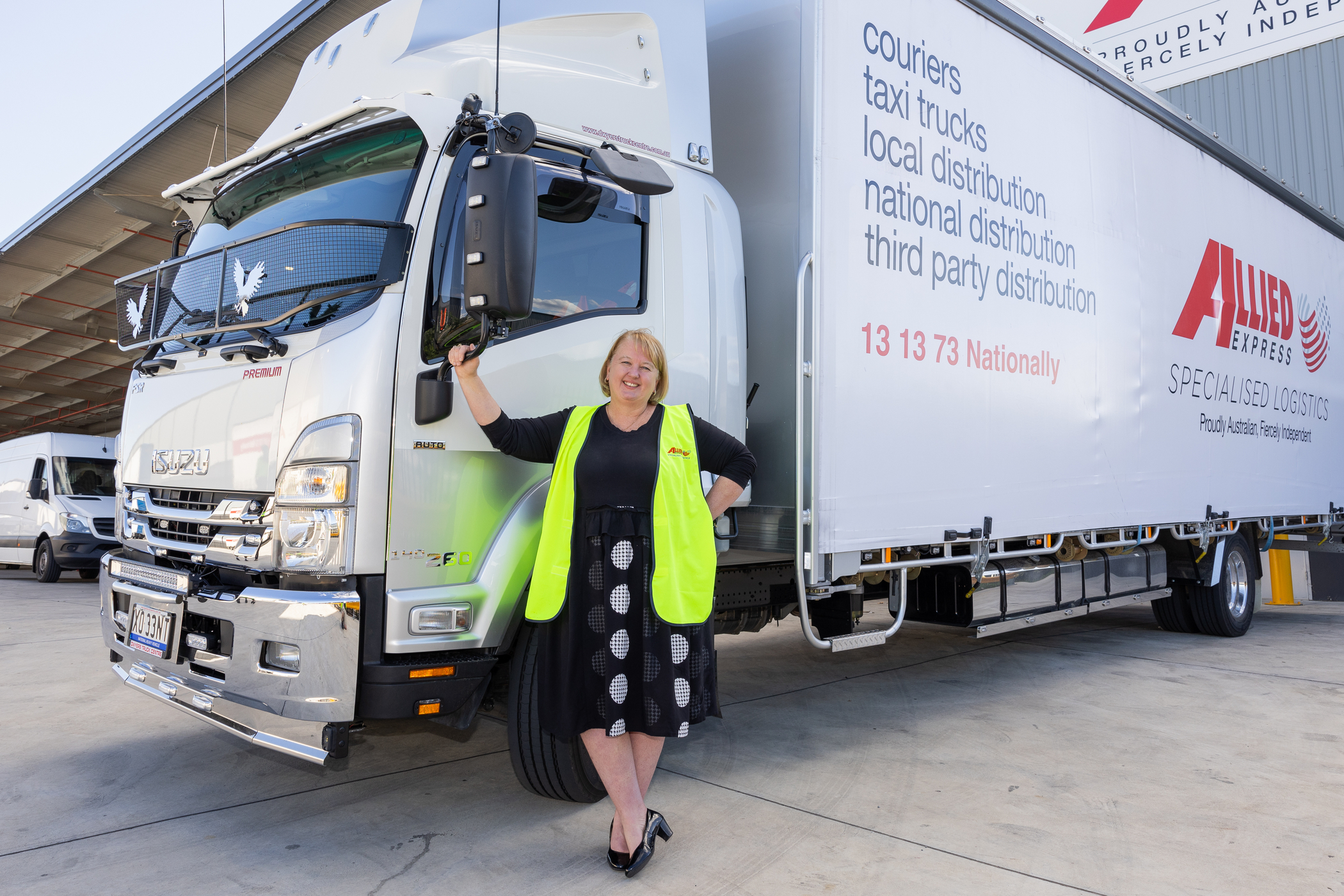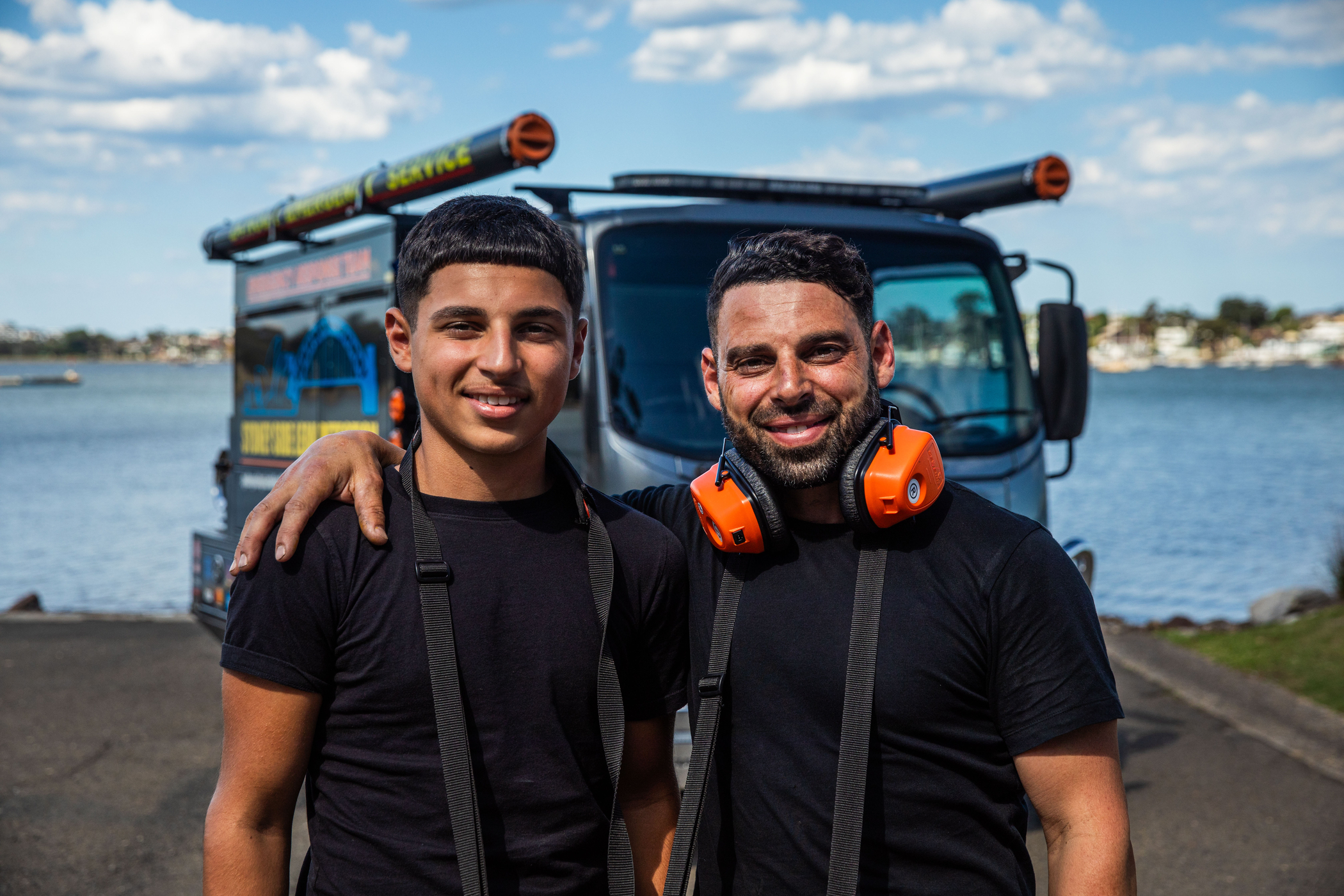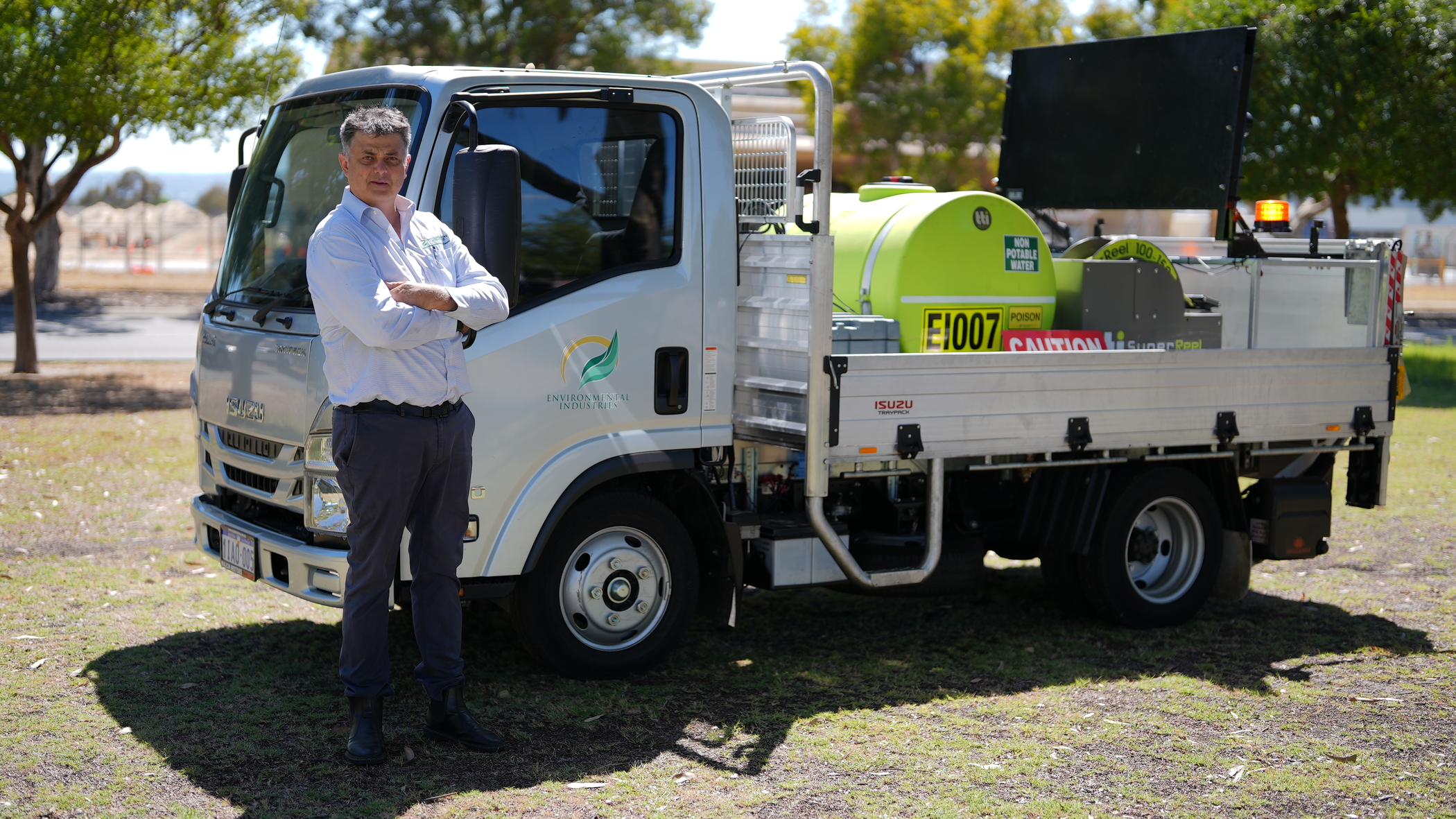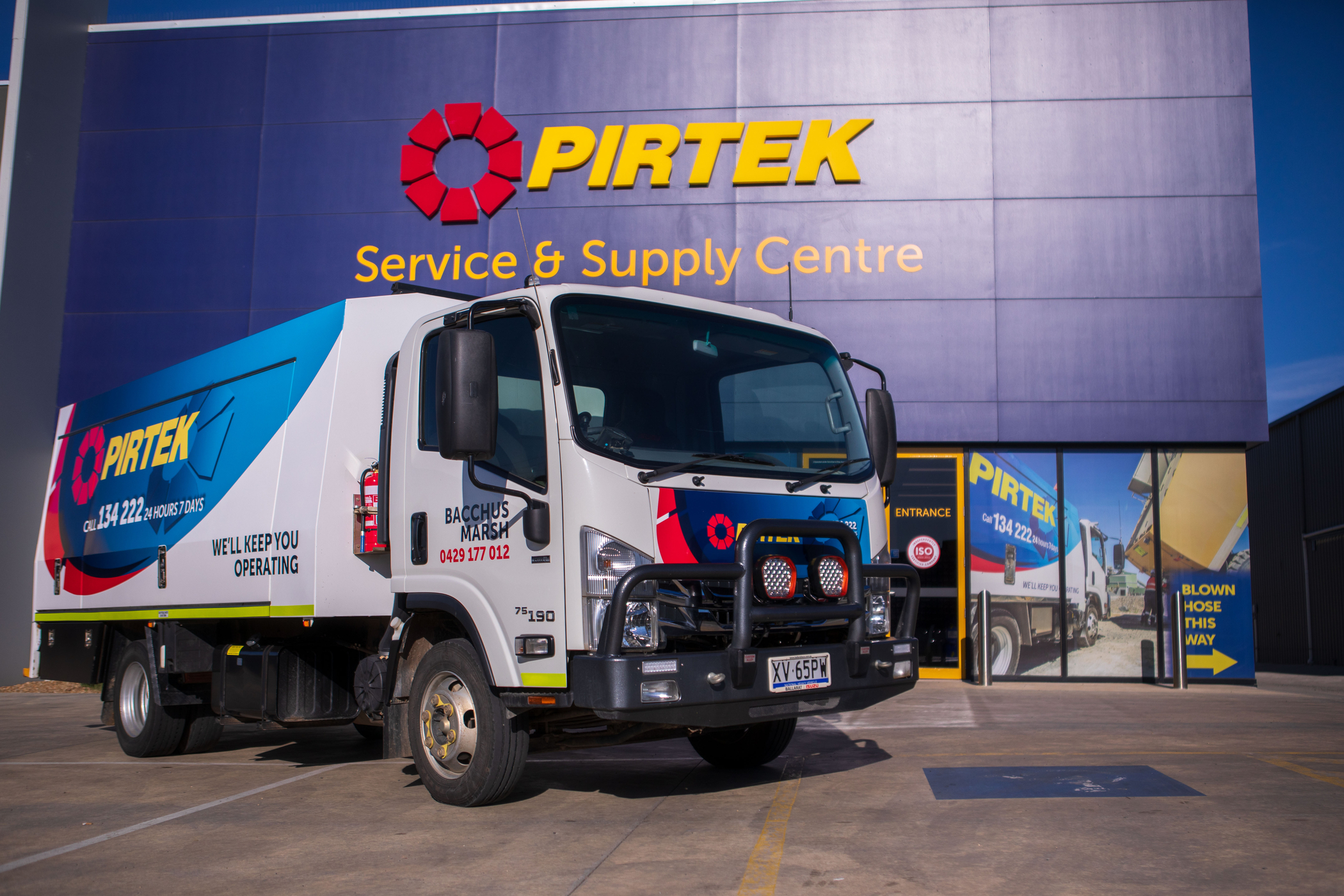The Keys to Starting a Food Truck Business

Not so long ago, food trucks were viewed as a bit of an afterthought, somewhere that might be visited at half-time at a football match or on the way back from a spot of late night revelling, not so much as a premier food destination.
Now, food trucks are a popular attraction; a mainstay at festivals and market stalls. The portable dining experience has exploded in popularity over the past decade and now enjoys pride of place at bars, parks, events and even their own food truck festivals, where up-and-coming musicians accompany a global array of culinary delights. Jim White, founder of popular lunch wagon Smokin’ Barry’s, is a food truck pioneer and said the mobile business was a brilliant way for foodies to follow their passion. “Food trucks allow you to do food differently and bring something new to the table,” he said. “Everything we do is unique. “They can be great businesses to own too. In a typical street trading night, we’ll serve up to 200 people, but in a day festival, it can be up to 1000."A Sumptuous History
Food trucks in Australia can trace their lineage back to pie carts in the 1860s, but the modern food truck is a world away from those humble beginnings. These days, expect the unexpected at a food truck festival – everything from trucks shaped like space shuttles and kitchens on bobcats, to chefs specialising in radishes, fugu, squid and coleslaw baguettes. Food trucks have evolved from bit part players to joining the front rank of everything weird and wonderful about eating. Tim Jordan, part-owner of American-style food truck Those Guys Foods, said the business was extremely rewarding. “We’ve had people drive all the way from Geelong to Ringwood and back just to get dinner,” Tim said. “The reaction of people when they eat your food and say it’s the best thing they’ve ever tasted, it puts a smile on your face for sure.”
Ready, Set, Cook
If you’re keen to hitch a ride on the food truck bandwagon, the possibilities are endless. Modern food trucks comprise fully equipped kitchens, gas ovens, fryers, meat smokers, cold salad bars, fridges, freezers, coffee machines, heated storage, point of sale units and more, all on the back of a rig that drives like a car. Yet they’re still far cheaper to start up and operate than a traditional restaurant, and offer the ability to travel and attend events all over Australia. Research shows that they’re more than a passing fad. A recent study of food trends found Australians are increasingly looking for affordable , gourmet grub with a casual feel, and that’s exactly what food trucks offer.Will I or Won’t I?
Like any business, establishing a food truck can be a bumpy ride. The first step is research, which means hours scouring marketing strategies, unexplored food niches and kitchen requirements, before creating a business plan. Next are your start-up funds. Fitting a truck with a commercial kitchen is generally more efficient than using a van or trailer, but you can’t just head to a dealership and buy a brand new food truck – you’ll need to get the body built by a specialist body builder. Visiting a local Isuzu Truck Dealer is a good start. Through the Isuzu Sales Information System, your Isuzu Dealer can sit down with you and guide you through the best truck to use and a bespoke body built solution suitable to your needs. Then there’s social media nous. Unless you’re Facebooking, Tweeting and Instagramming your food, you’re doing yourself a disservice and missing out on significant opportunities to grow your customer base.
Doing the Maths
Once you know your food and truck preferences, there are a few other practical considerations to take on board. Buying and preparing food, cleaning and maintaining the kitchen, and travelling to and from events can be a full-time job. And a lot of the most profitable events require you working all weekend. There’s also the financial return. Food truck businesses can be very profitable, but you’re earning your money in $5 or $10 instalments. If you’ve borrowed money to fund the start-up, work out how many squid baguettes you’ll have to sell each week to make your repayments. Finally, there are permit and food safety requirements, health inspections and operating procedures to be mindful of. Once you’ve got that all nailed down you should be set to go out there and dazzle the public with your culinary offerings! You can find regulation and advice for food trucks in NSW, SA, WA, TAS and VIC by clicking the links.

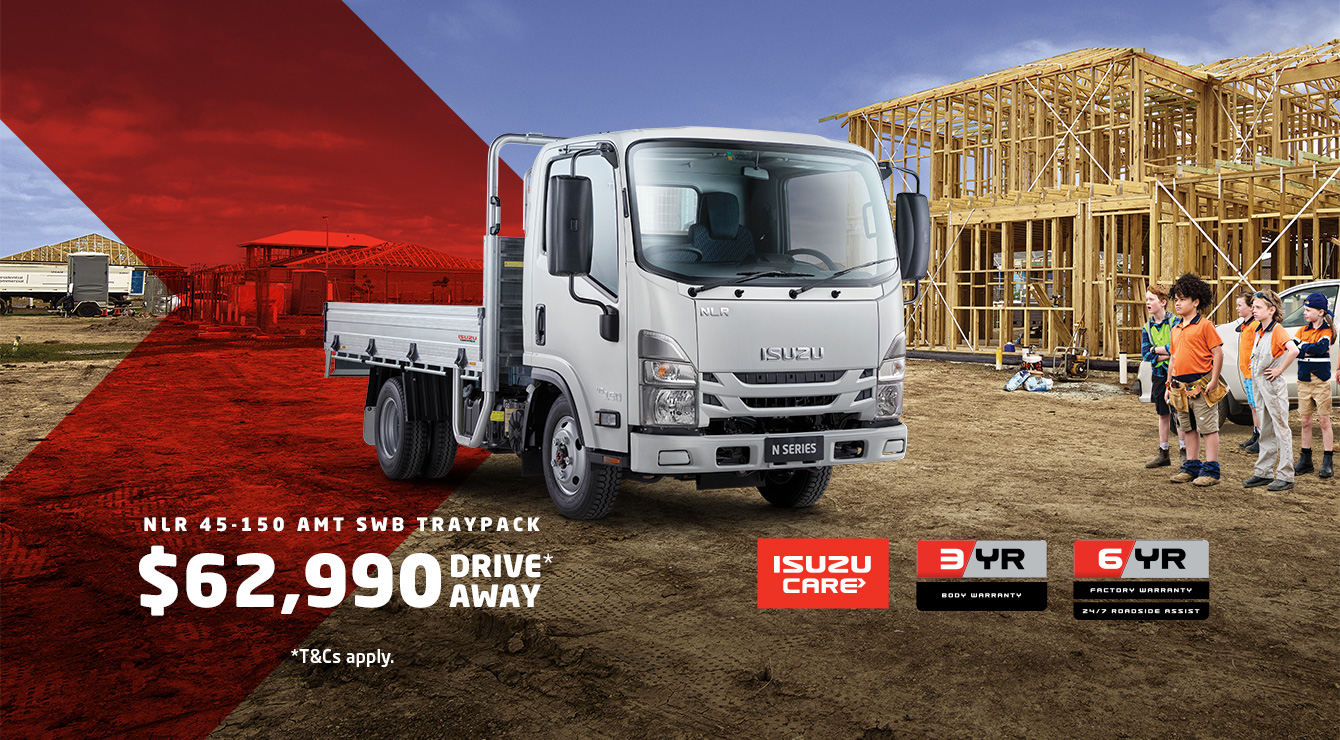
Playtime’s over, get $3,500* to spend on extras.
If you’re ready to get serious about tackling bigger jobs, grab yourself an NLR 45-150 AMT SWB Traypack from the Ready-to-Work range for $62,990 drive away*. And to prove we aren’t playing, buy any NLR Traypack before June 30 and you’ll get $3,500* to spend on genuine accessories or an Essentials service agreement.
Learn more
